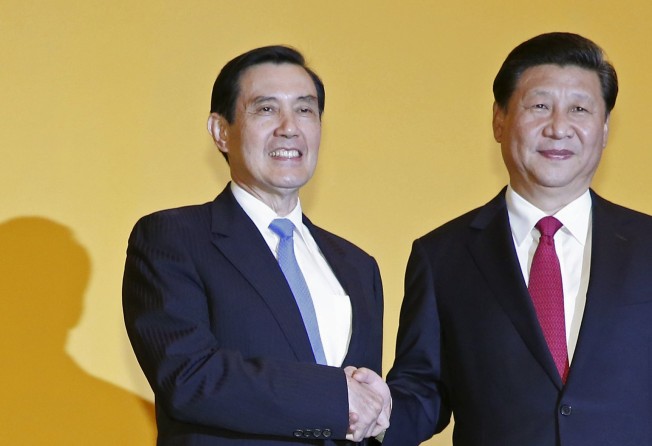Historic cross-strait summit, but there is still a long way to go

The meeting on November 7 between Taiwan's President Ma Ying-jeou and President Xi Jinping , in Singapore, was a significant development.
It marked the first meeting between leaders from both sides of the Taiwan Strait since 1949.
The summit, conducted on the basis of dignity and parity and the 1992 consensus, marks a pivotal milestone in cross-strait relations. The two leaders proved to the international community that Taiwan and mainland China are indeed open-minded enough to seize this historic opportunity and achieve peace and co-prosperity.
While the meeting itself is a momentous step forward in cross-strait dialogue, I regret the lack of sincerity exhibited by the leadership in Beijing. The people of Taiwan are concerned that the threat of invasion persists, with many ballistic missiles positioned on the mainland facing Taiwan. Also, Beijing continues to try and marginalise Taiwan on the international stage, obstructing its participation in regional economic integration.
In terms of military strength, it is hypocritical for Beijing to say that these missiles pose no threat and are not there to target Taiwan. When the central government spouts rhetoric, talking about defending national sovereignty and territorial integrity and warning of a complete collapse of peaceful relations without certain political preconditions, this is tantamount to a threat. It is not the sort of language that will be acceptable to the Taiwanese and makes it more difficult to defuse any existing tensions between the two sides.
The issue of cross-strait relations should never be seen as a military problem. It is about comparing political systems and ways of life. Freedom and democracy are values deeply ingrained in the hearts of the Taiwanese people, and the conduct of cross-strait policies should transcend unilateral positions and incorporate different views.
I believe that the future of Taiwan, whether it be unification, independence, or maintenance of the status quo indefinitely, should be decided by its 23 million people.
Maintaining the status quo at present constitutes the broad consensus in Taiwan and serves the best interests of all parties.
The governments in Beijing and Taipei should recognise the importance of the accumulated progress of institutionalised negotiations, and mutual cooperation, and exchanges.
For these accumulated outcomes will serve as a foundation upon which both sides can create more favourable conditions for further deepening cross-strait relations.
Alfred E. Tsai, New York, US